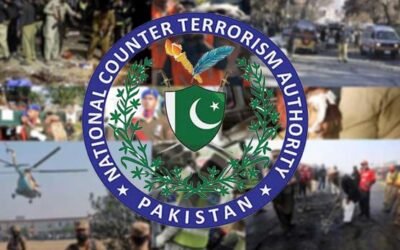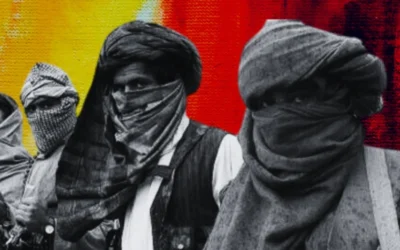The recent mutual defense agreement between Pakistan and Saudi Arabia has been met with a significant endorsement from Iran, with President Masoud Pezeshkian hailing it as the start of a “comprehensive regional security system.” This statement, delivered at the United Nations General Assembly, underscores a remarkable shift in regional dynamics and hints at a potential new era of cooperation among Muslim nations.
The defense pact, signed by Prime Minister Shehbaz Sharif and Saudi Crown Prince Mohammad Bin Salman, pledges that any act of aggression against one country will be considered an attack on both. While this type of agreement is a major step in itself, the positive reaction from a nation often at odds with Saudi Arabia adds a unique layer of geopolitical significance.
A Shift in Strategic Alliances
For years, Iran and Saudi Arabia have been on opposing sides of regional conflicts, from Yemen to Syria. The two nations even broke off diplomatic relations for a period before re-establishing them in 2023 in a deal brokered by China. This historical context makes Iran’s welcoming of the Pakistan-Saudi defense deal all the more notable. It suggests a growing recognition that collective security and stability in the region are a shared priority, transcending long-standing rivalries.
President Pezeshkian’s remarks indicate a desire to move beyond individual security pacts and towards a broader, more inclusive system. He specifically mentioned the cooperation of “Muslim states of West Asia” in political, security, and defense domains. This perspective frames the Pakistan-Saudi agreement not as an exclusive alliance, but as a potential blueprint for a wider network of cooperation.
The timing of the pact, following an Arab summit that also signaled a shift toward collective security, reinforces this view. These developments highlight a growing sentiment among regional powers that relying solely on external security guarantees may no longer be sufficient. Instead, there is a push for self-reliance and intra-regional collaboration to address shared threats and maintain stability.
A Template for Wider Cooperation
The defense agreement could pave the way for similar bilateral defense pacts between Pakistan and other key Gulf partners, such as the United Arab Emirates and Qatar. This expansion would create a more robust security framework, allowing these nations to better coordinate on issues ranging from counter-terrorism to joint military training and defense production.
For Pakistan, this development is particularly important. While its economy has struggled, its military and strategic value are recognized. The defense pact with Saudi Arabia, and the potential for similar agreements, underscores Pakistan’s role as a vital security partner in the region. It also provides a significant counterbalance to external pressures and challenges.
In the long term, this move could lead to a more balanced and integrated regional security architecture. The vision articulated by the Iranian President suggests a future where Muslim nations work together to manage their own security affairs, fostering a climate of stability and mutual respect. This could reduce regional tensions and allow these countries to focus on economic development and prosperity.
The agreement between Pakistan and Saudi Arabia, coupled with Iran’s endorsement, marks a powerful political and security development. It challenges traditional alliance structures and offers a glimpse into a potential future where regional security is managed from within, by the nations themselves.
You May Like To Read:




























